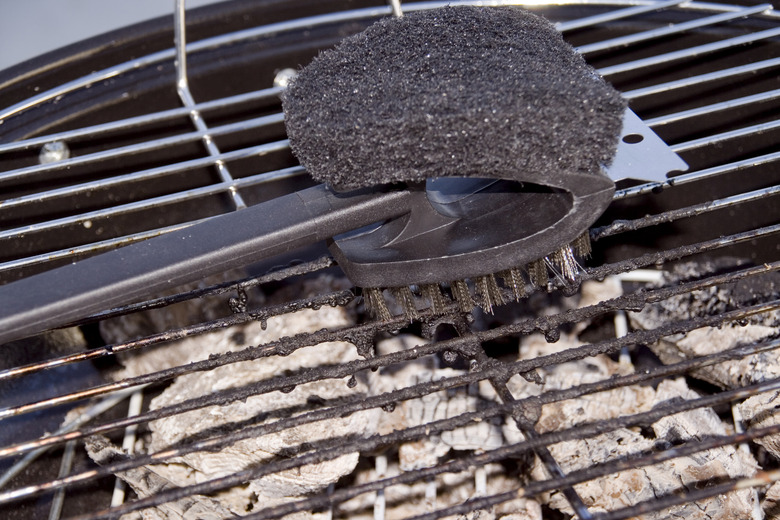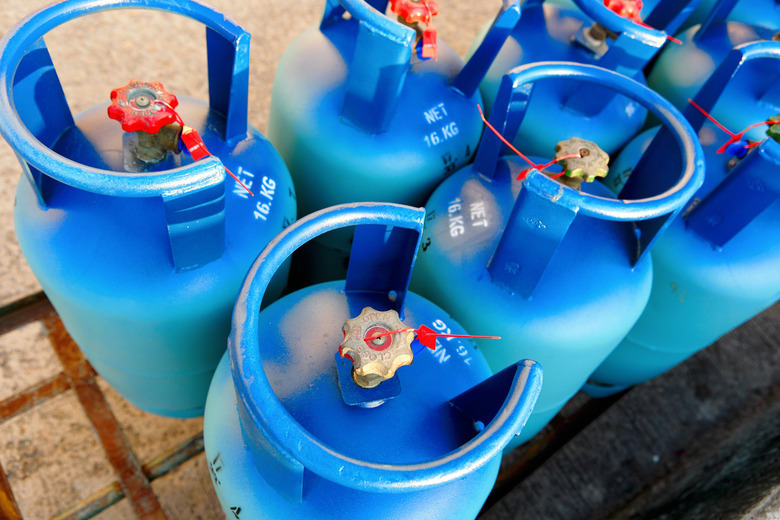How To Keep Rats Out Of Your Outdoor Barbecue Grill
The first line of defense to keep rats from getting into your barbecue is to make the grill and yard less appealing to them. Food and potential nesting sites attract rats and encourage them to take up residence. Rats can carry and spread disease. If you find rat droppings in the barbecue, clean the grill with household disinfectant before putting any food on it. Clean tongs or other tools that might have been contaminated. On gas grills, check the regulator and gas lines for damage and replace any compromised parts. Rats can chew through hoses and plastic.
Why Rats Get Into Barbecues
Why Rats Get Into Barbecues
An outdoor barbecue grill has multiple attractions for rats. It provides shelter from the elements, protection from predators, and some species might choose it as a nesting place. Unless the grill is squeaky clean, the food smells attract rats to get into the barbecue in search of food. A grill cover might help to deter rats, but this isn't foolproof. A rat can nose under or chew through vinyl and other common cover materials. If the barbecue grill has a metal top, keep the lid down when it's not in use. Barbecue grills that have a metal housing and strong, attached lids are the best styles for keeping out rats.
Clean the Barbecue and Yard
Clean the Barbecue and Yard
Clean food debris off the grill after each use and clean off the grease. Keep garbage cans tightly covered and away from the house and the grill area. If you have a compost pile, keep it covered and weighted with rocks so pests can't lift the cover. Promptly clear fallen fruit and vegetables in the garden and dispose of any animal droppings in a covered container daily; rats can live on animal feces. Bring in pet food and water dishes before dark. Cut down weeds and brush near the barbecue and remove any debris in the yard.
Enclose the Grill
Enclose the Grill
If the barbecue doesn't have a metal casing that can exclude rats, keep the grill in a shed between uses. Check the shed for any openings. A rat can dig, and it can squeeze into a hole the size of a half dollar. The best sheds for rat exclusion have a heavy-duty or concrete floor. Patch any holes with pieces of metal sheeting or steel wool held in place with caulk or hardware cloth. Hardware cloth is strong metal mesh that makes a good reinforcement for window screens or any vents large enough for rats to enter.
Store the Grill Indoors
Store the Grill Indoors
For winter storage and in the case of an outdoor grill that's seldom used, store it indoors if there isn't a suitable shed. Leave the propane tanks outside in a sheltered place because they can present a hazard indoors. Thoroughly clean the grill before storing it for the winter to reduce the risk of attracting rodent or insect pests. Indoor storage also protects the grill from possible storm damage and the dampness that leads to rust.




